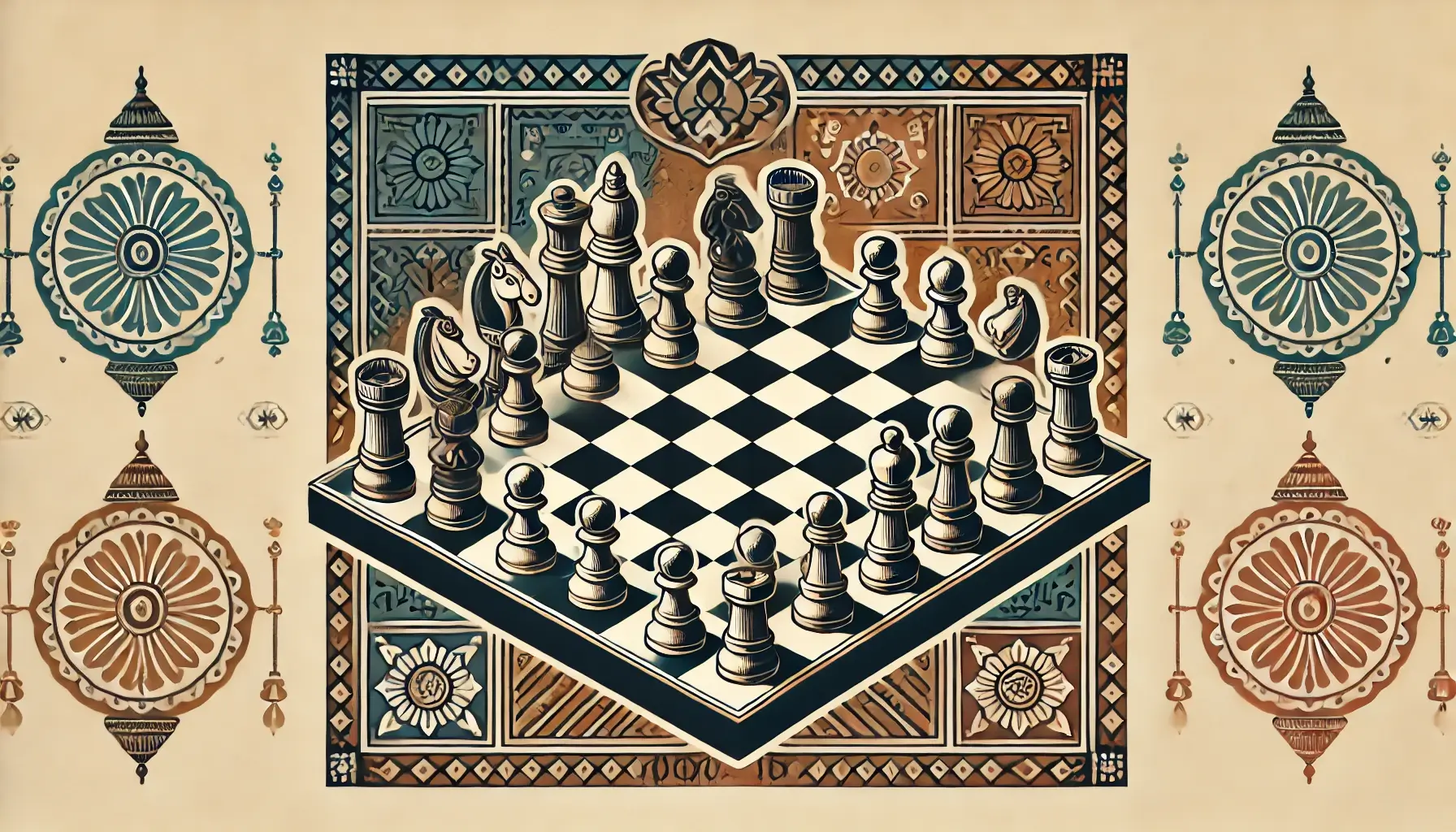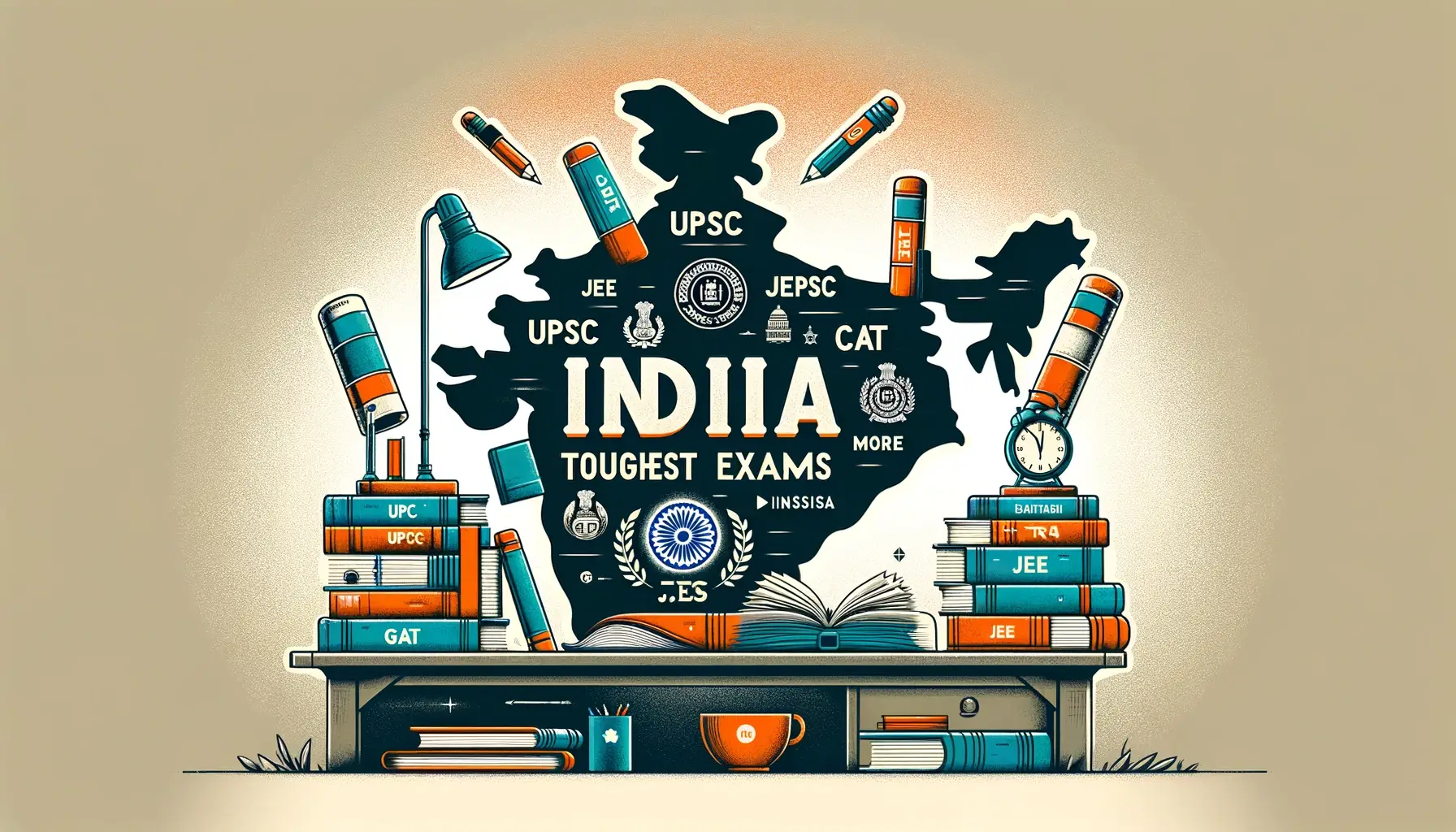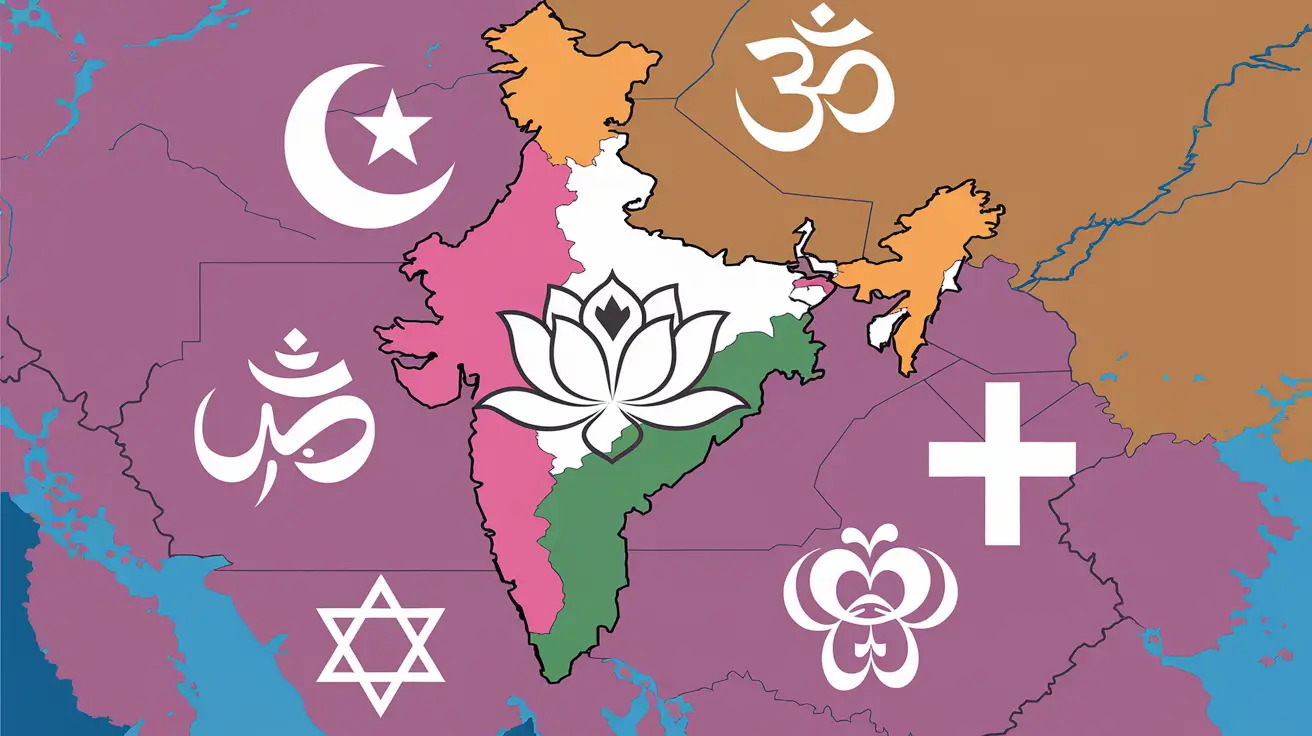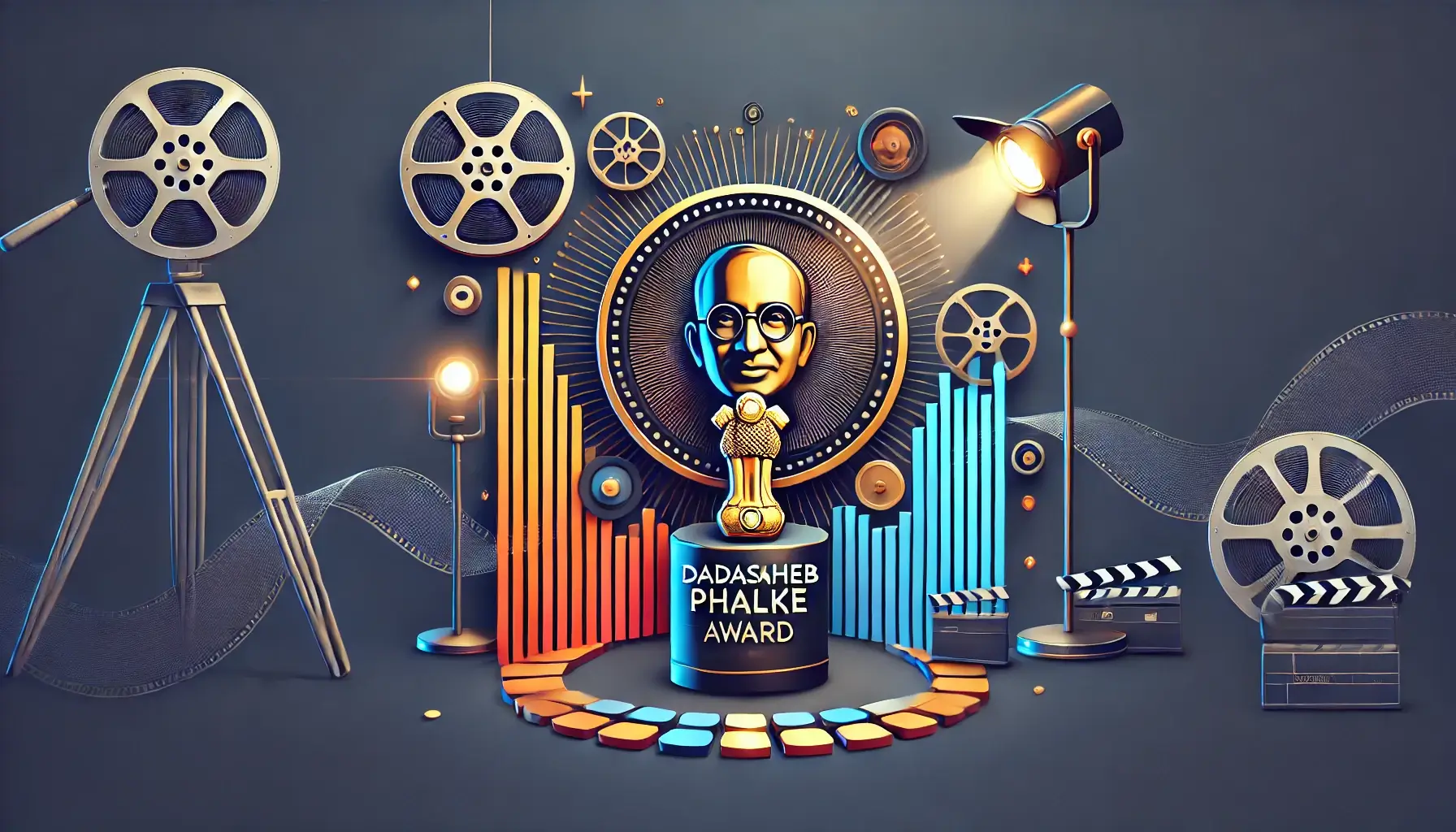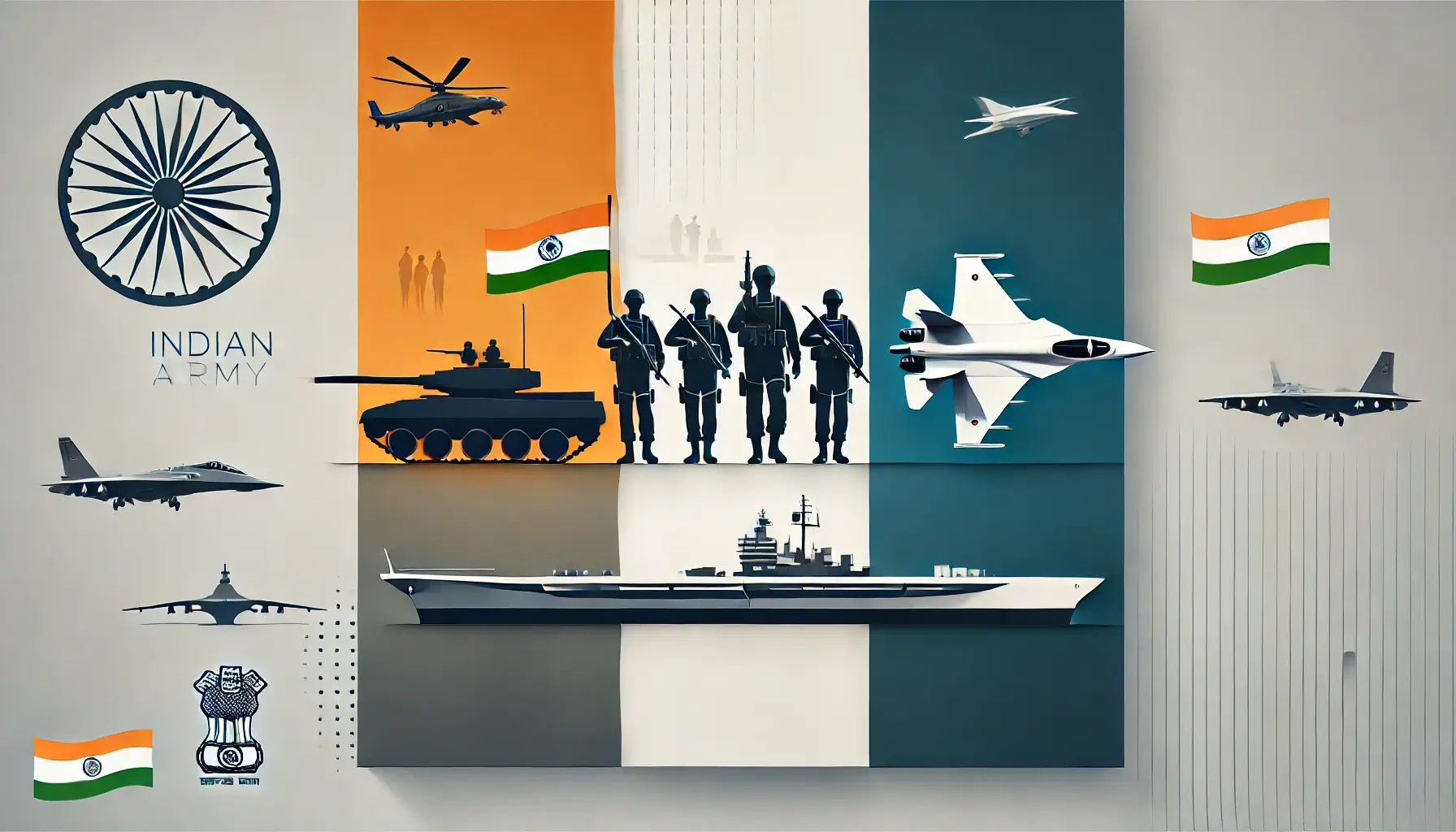Latest Blog Posts on Chess: India's Ancient Game, India's Toughest Exams: UPSC, JEE, GATE, CAT, and More, Religious Diversity in India: A Land of Multiple Faiths and Traditions, Dadasaheb Phalke Award: The Highest Honor in Indian Cinema, India's Armed Forces
Chess: India's Ancient Game
Chess originated in India in the 6th century as Chaturanga and became globally recognized by the 19th century, with the first World Chess Championship held in 1886. The highest title is Grandmaster (GM), awarded by the Federation Internationale des Echecs (FIDE), the international governing body for chess.
India’s chess legends include Viswanathan Anand, the first Indian World Chess Champion and Grandmaster. Other notable players are Koneru Humpy, R. Praggnanandhaa, Nihal Sarin, and D. Gukesh, all of whom have excelled in international competitions.
India's Toughest Exams: UPSC, JEE, GATE, CAT, and More
India has some of the toughest exams, including UPSC Civil Services Exam (CSE), JEE Advanced, GATE, CAT, CA, NEET-UG, and NDA. These exams are known for their rigorous standards.
UPSC: Selects candidates for IAS, IPS, etc. Requires a graduation degree.JEE Advanced: For IIT admissions. Requires 10+2 with Physics, Chemistry, and Mathematics.GATE: For postgraduate engineering programs and PSU jobs. Requires an undergraduate degree.CAT: For IIMs and top business schools. Requires a bachelor’s degree.CA: Conducted by ICAI with three levels. Requires 10+2 or a graduate degree.
The Imperial Examination in China was one of the oldest and toughest exams for selecting government officials.
Religious Diversity in India: A Land of Multiple Faiths and Traditions
India is home to a variety of religions. The major ones practiced include Hinduism, Islam, Christianity, Sikhism, Buddhism, Jainism, Zoroastrianism (Parsi), Judaism, and the Bahá'í Faith. Each religion has its own holy books, places to pray, and special traditions that help make India’s culture diverse and rich.
Hinduism– texts:Vedas,Gita,Ramayana, worship intemples.Islam– text:Quran, worship inmosques.Christianity– text:Bible, worship inchurches.Sikhism– text:Guru Granth Sahib, worship ingurdwaras.Buddhism– text:Tripitaka, worship inmonasteries.Jainism– texts:Agamas, worship intemples.Zoroastrianism (Parsi)– text:Avesta, worship infire temples.Judaism– text:Torah, worship insynagogues.Bahá'í Faith– text:Kitáb-i-Aqdas, worship inBahá'í Houses of Worship.
Hinduism, the ancient religion, deeply influences India’s culture, alongside other religions that contribute to the country’s rich spiritual heritage.
Dadasaheb Phalke Award: The Highest Honor in Indian Cinema
The highest honor in the Indian film industry is the Dadasaheb Phalke Award, named after Dadasaheb Phalke, the father of Indian cinema. It was introduced in 1969 and is presented annually by the Government of India to recognize outstanding contributions to the growth and development of Indian cinema. The award includes a Swarna Kamal (Golden Lotus) medal, a shawl, and a cash prize.
It is the most prestigious award in Indian cinema and is given for lifetime achievement in the field. Notable recipients include Amitabh Bachchan, Lata Mangeshkar, and Rajinikanth, recognizing their extraordinary contributions to Indian films.
India's Armed Forces
India’s Armed Forces consist of three main branches: the Indian Army, Indian Navy, and Indian Air Force.
- The
Indian Armywas established in1895and is responsible for land-based operations. - The
Indian Navy, founded in1612, protects India’s maritime borders. - The
Indian Air Forcewas formed in1932and handles aerial defense.
India has the third-largest armed forces globally, with about 14 lakh active personnel and over 20 lakh reserves. Ranked 4th in the world, India’s armed forces are recognized for their advanced capabilities, including nuclear weapons and modern technology like INS Vikramaditya and Rafale jets.
The President of India, currently Droupadi Murmu, is the Supreme Commander of the armed forces, while the Defence Minister, currently Rajnath Singh, oversees the military’s functioning.
